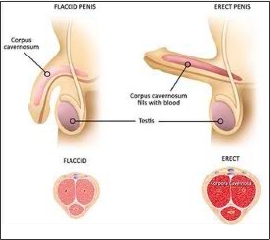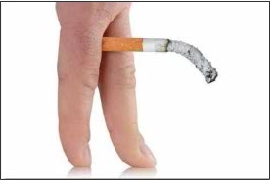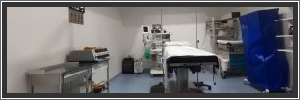Erectile dysfunction
Erectile dysfunction (ED) or impotence is defined as the inability of the male to obtain and / or maintain an erection sufficient to allow satisfactory sexual activity. ED is a fairly frequent situation. It has been calculated through various statistics that can affect, to a greater or lesser extent, about half of men between the ages of 40 and 80.
|
|
|
|
|
|




